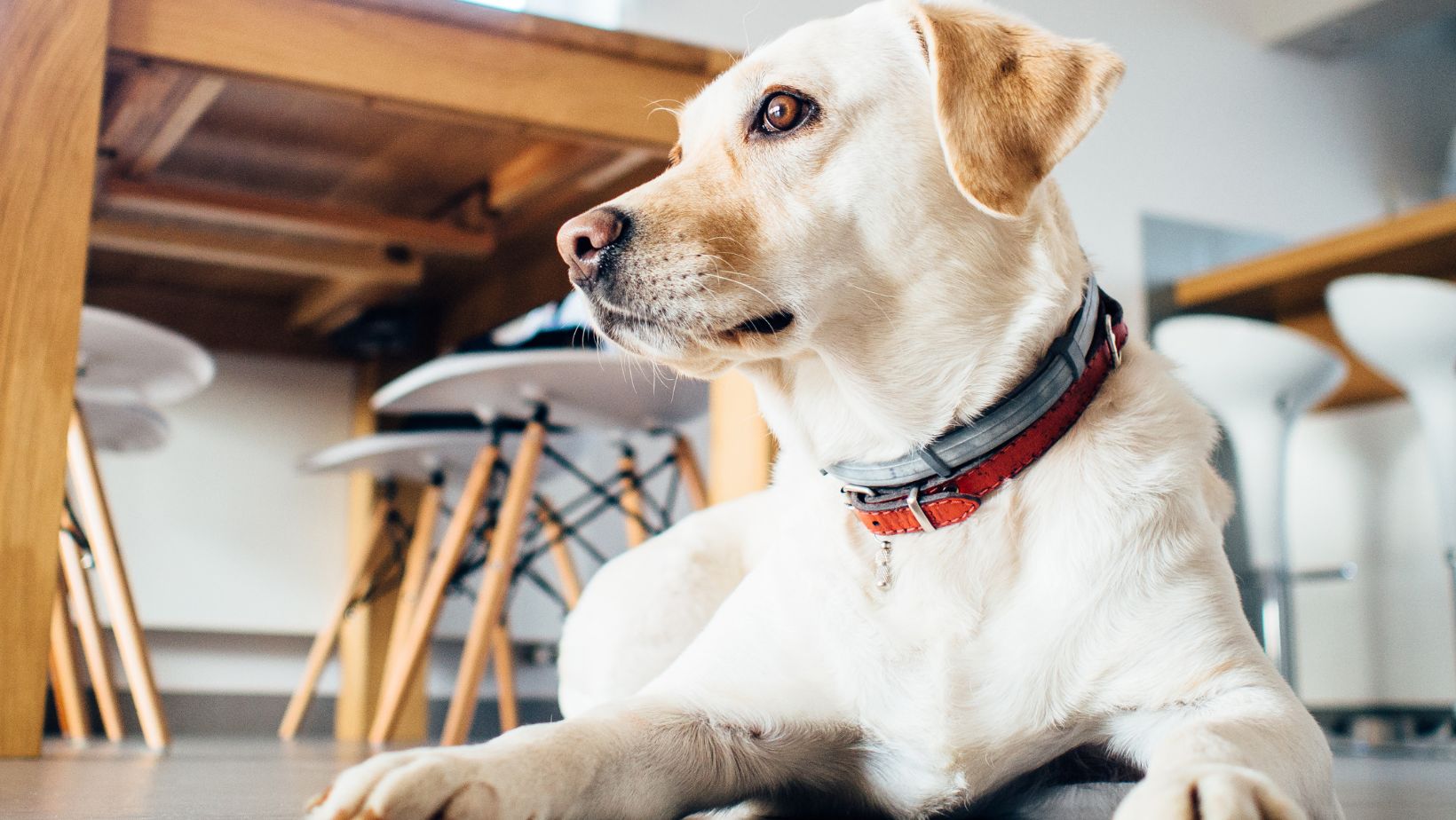How to Stop a Puppy from Peeing in the House
Are you struggling with a Labrador puppy who just can’t seem to stop peeing in the house? Dealing with accidents can be frustrating and overwhelming, but fear not! I’m here to share some effective strategies on how to put an end to this common problem. Labradors are known for their intelligence and trainability, so with a little patience and consistency, you can successfully teach your furry friend proper potty habits.
Firstly, it’s important to establish a routine for your puppy. Set specific times for meals, playtime, walks, and bathroom breaks. By sticking to a schedule, you’ll create predictability and help your puppy understand when it’s time to go outside. Be sure to take them out immediately after waking up, eating or drinking, and after play sessions.
Next, supervision is key. Keep a close eye on your pup at all times while indoors. This means limiting their access to the rest of the house until they’re fully trained. Consider using baby gates or closing off certain areas until your Labrador understands where they should do their business.
Understanding the Reasons Behind Accidents
Dealing with accidents when you have a puppy in the house can be frustrating and challenging, especially if you’re trying to keep your Labrador from peeing indoors. To effectively address this issue, it’s crucial to understand the reasons behind these accidents. By delving into the underlying factors, we can develop strategies to prevent future mishaps and create a positive environment for our furry friends.
- Lack of Proper House Training: One of the primary reasons puppies have accidents indoors is due to insufficient house training. Young Labradors may not yet have mastered the concept of holding their bladder or understanding where they should eliminate. It’s essential to establish a consistent routine for potty breaks and reinforce positive behaviors through rewards and praise.
- Small Bladder Capacity: Puppies, including Labradors, have small bladders that cannot hold urine for extended periods like adult dogs. They may need more frequent trips outside to avoid accidents inside the house. As a general rule, puppies can typically hold their bladder for one hour per month of age, plus one (e.g., a three-month-old puppy can hold it for approximately four hours).
- Excitement or Anxiety: Just like humans, dogs can experience excitement or anxiety that leads them to lose control over their bladder momentarily. When puppies get overly excited during playtime or greet visitors enthusiastically, they might accidentally urinate indoors as a result.
- Marking Territory: Another reason behind indoor accidents is marking behavior exhibited by both male and female dogs. This natural instinct involves leaving scent markings as a way of claiming territory or communicating with other animals in the vicinity.
- Medical Issues: Occasionally, accidents in the house could be indicative of an underlying medical problem such as urinary tract infections or gastrointestinal issues that affect bowel movements and lead to uncontrolled elimination. If you notice persistent accidents despite proper training efforts, it’s advisable to consult with a veterinarian to rule out any medical causes.

Establishing a Consistent Routine
When it comes to house training your Labrador puppy and preventing those pesky accidents, establishing a consistent routine is key. Labradors are known for their intelligence and eagerness to please, making them highly trainable. By following a structured routine, you can effectively teach your furry friend where and when they should do their business.
Here are some tips for creating a solid routine:
- Set regular feeding times: Feeding your puppy at the same time every day will help regulate their digestion and establish predictable bathroom breaks. Aim for three to four meals per day for young puppies, gradually transitioning to two meals as they grow older.
- Designate specific potty areas: Choose an outdoor spot where you want your Labrador to go potty. Take them there consistently after meals, naps, playtime, and waking up in the morning or from a nap. The familiar scent of previous visits will encourage them to eliminate in that area.
- Stick to a consistent schedule: Dogs thrive on routine, so try to take your puppy out at the same times each day. Be patient during these outings and give them ample time to sniff around and do their business.
- Use positive reinforcement: When your puppy successfully goes potty outside, reward them with praise or small treats immediately after they finish eliminating. This positive association will reinforce the desired behavior and motivate them to repeat it in the future.
- Supervise closely indoors: Until your Labrador becomes reliably trained, keep a close eye on them while indoors. Confine them within a small space or use baby gates if necessary when you cannot actively supervise them. If you notice any signs that they need to go (sniffing around or circling), quickly take them outside.